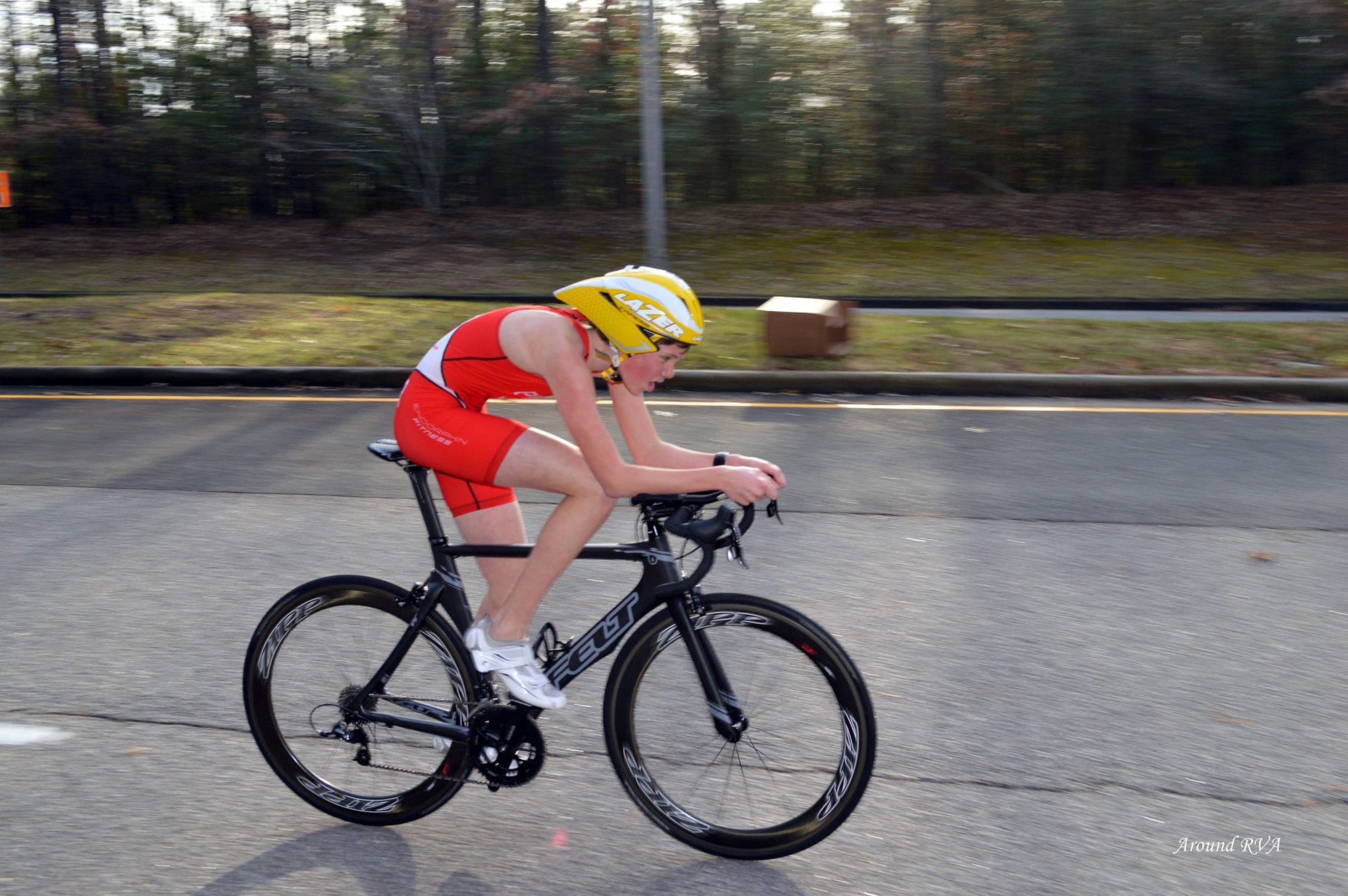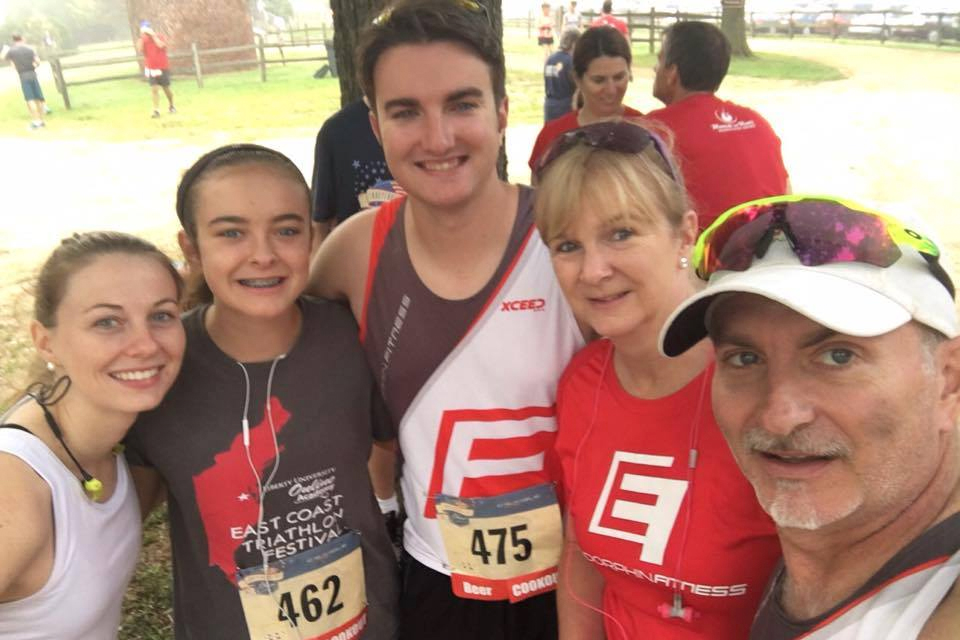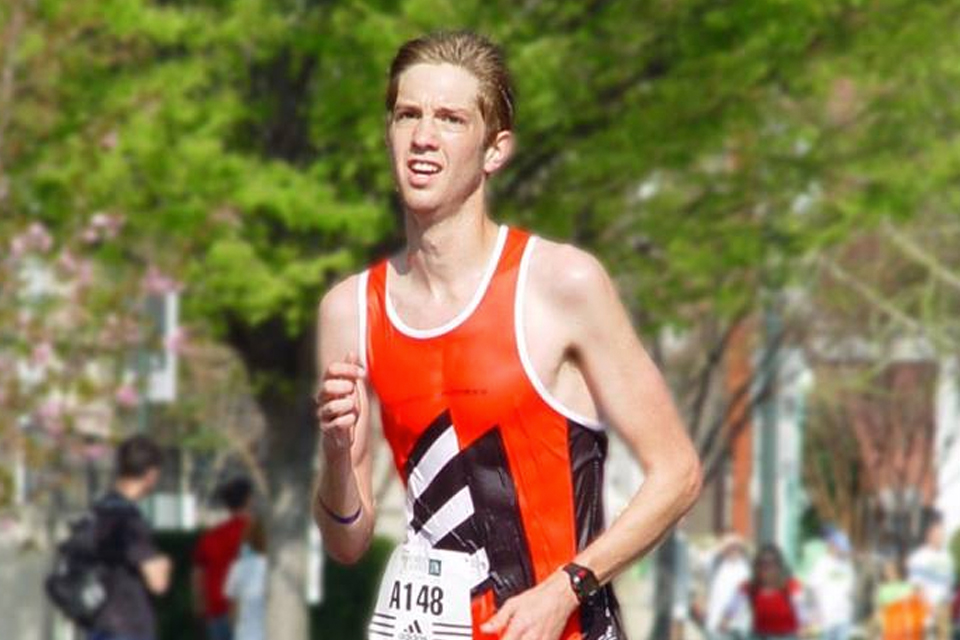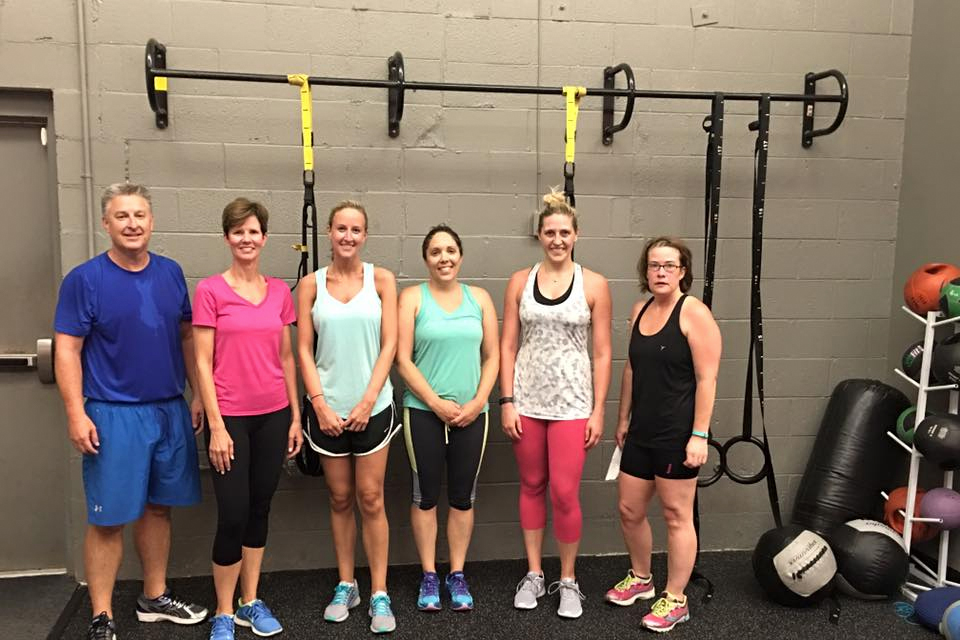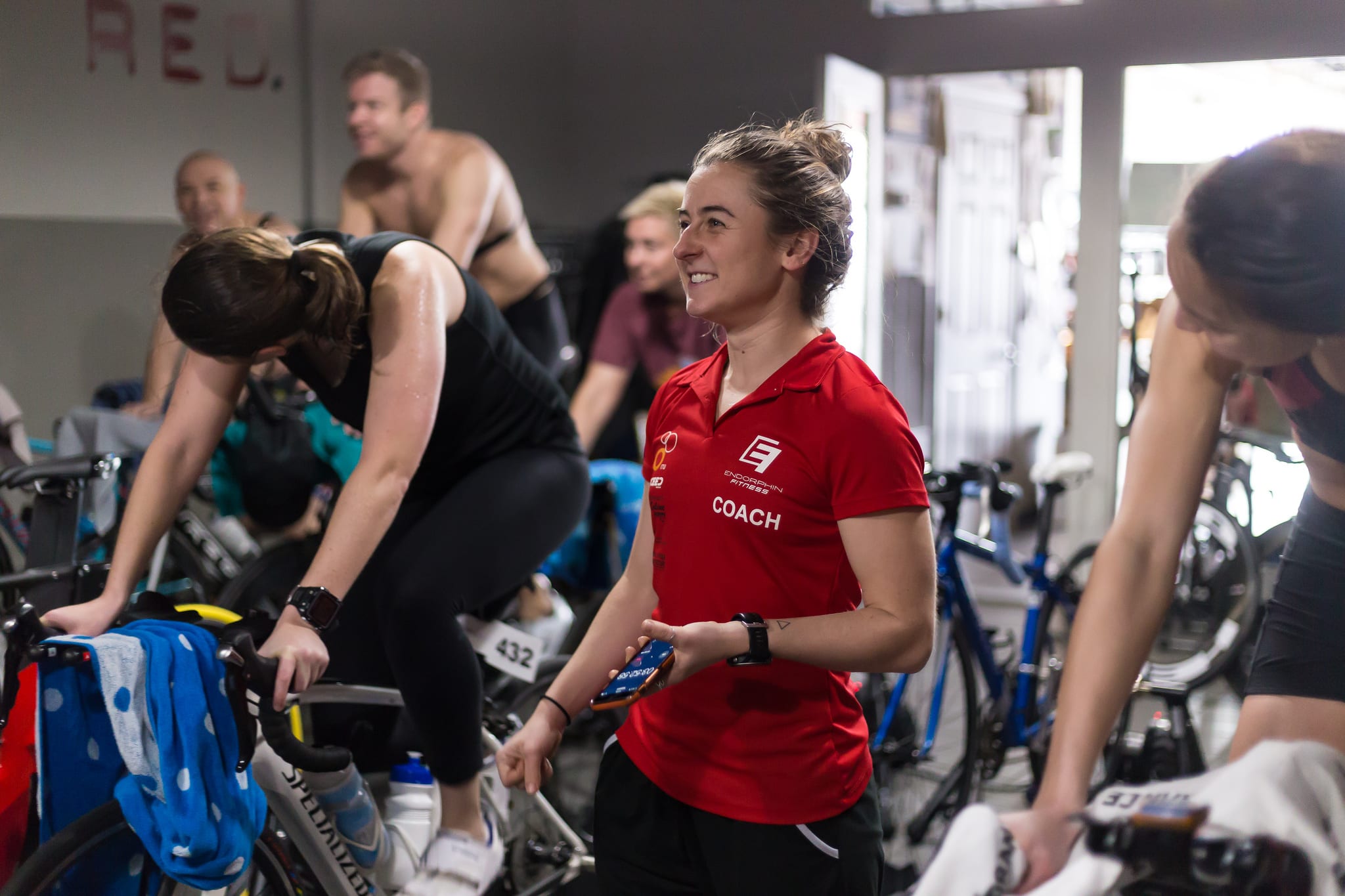The typical trend in triathlon (and running) is to see how far you can go. People often enter the sport and see how fast they can climb the distance ladder to Ironman, as if the shorter distances are merely stepping stones. Few take the time to appreciate each distance, mastering the skills necessary for each distance, and therefore rob themselves of long-term potential. Ironman is an amazing distance in the sport of triathlon, and we will coach around 50 athletes to successful Ironmans in 2016 alone, but it is not the only distance of value.
Just like running has multiple events from the 100 yard sprint to the marathon with specialists in each, triathlon does as well. I think few of us view Usain Bolt as any less of an athlete than Shalene Flanagan – America’s top marathoner. Same with triathlon – is Gwen Jorgenson any less of an athlete than Daniela Ryf who won Ironman Worlds this past year? No, they simply choose to specialize in a different event.
I have raced Ironman, but it has not been the toughest race I have completed. My toughest race was a shorter distance when I was racing head-to-head with a competitor at my limit from start to finish. To quote one of my favorite movies, Vision Quest, “It’s not the 6 minutes, it’s what happens in that 6 minutes.” You see, it is not about how long the race is but what you do during that distance – how hard you go, how deep you dig, how willing you are to find what you are made of. Your goal with any distance should be to deplete your energy by the finish line. For longer races, this means pacing yourself so that you do not deplete too soon. For shorter races, you must go hard from the gun to prevent leaving too much in the tank at the end. Regardless, you hit the finish line exhausted. Both are hard, both are an accomplishment.
There is incredible value in learning how to push yourself over shorter distances before making the jump to the next distance. Doing so leads to much more success in the longer distances when you arrive there. It is no surprise that the top Ironman athletes of today were once short course specialist – 2015 Ironman Champion Jan Frodeno is a former short course Olympic champion for example. EF youth and juniors, this is one reason why we keep you at the shorter distances for as long as possible.
So, I challenge you to see how fast you can go before you see how far you can go. This is the heart behind our flagship race – The East Coast Triathlon Festival Super Sprint which is a super short distance to challenge you to go faster than ever before. I encourage you to give it a try.
